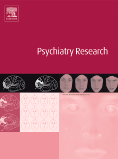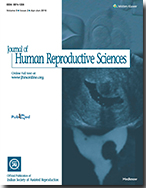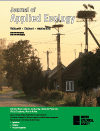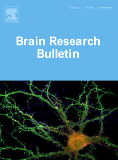It turns out, snorting the so-called “love hormone” may not help reduce psychiatric symptoms such as depression and anxiety.
At least, that’s the conclusion the authors of a 2015 meta-analysis, which initially found intranasal doses of oxytocin could reduce psychiatric symptoms, have now reached. After a pair of graduate students pointed out flaws in the paper, the authors realized they’d made some significant errors, and oxytocin shows no more benefit than placebo.
First author Stefan Hofmann from Boston University in Massachusetts explains further in a lengthy letter he sent to Psychiatry Research, which he passed on to us: Continue reading Oh, well — “love hormone” doesn’t reduce psychiatric symptoms, say researchers in request to retract









